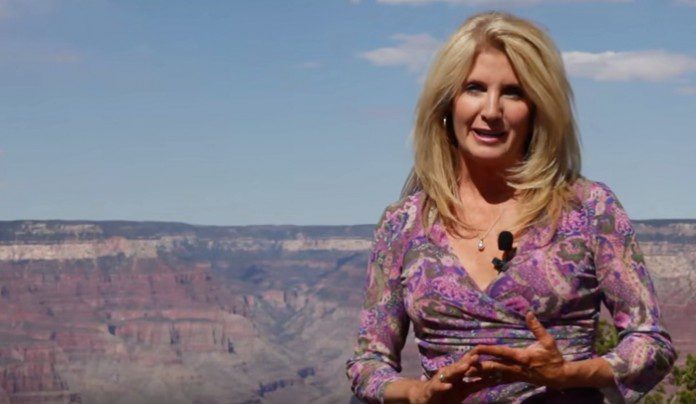Billions of dollars is spent every year to combat forest fires. They can be extremely deadly if left to burn out of control, taking homes, businesses, and entire communities within their rage. The need to protect people and their land must be balanced with the positive components of a forest fire, as it helps to clear out the dead, old growth to make way for new growth to be achieved. Here are some of the other key points to consider in the pros and cons of forest fires.
Here Are the Pros of Forest Fires
1. Forest fires help to kill disease.
There are numerous insects and diseases that will prey on the growth of the forest. Although we fight fires to save trees, the fact is that more insects kill trees every year than forest fires do. Without fire, a forest struggles to adapt against infestations and sets the stage to have a more serious fire later on than if a controlled burn took place right now.
2. It provides nutrients for new generations of growth.
Forests need to experience change in order to survive. Fire helps to encourage the decomposition process of vegetative matter so that nutrients return to the soil. Some plants even need the intense heat from fire to be able to begin the germination process. If fires were prevented consistently in a forest, eventually it would just grow old and die because there wouldn’t be another generation to take its place.
3. It refreshes the habitat zones.
Fire clears out plants and trees to make more natural resources available to the habitat. Fewer trees means more water becomes available for the remaining plants and animals that call the area their home. New grass and shrubs are food sources for a number of animals as well. Ground cover that comes back after a fire becomes a new micro-habitat. Everything is refreshed with a fire.
4. Low intensity fires don’t usually harm trees.
The bark of a tree is like an armored shell against fire, pests, and other things that could damage them. Most forest fires burn at low temperature levels when conditions are optimal and this causes minimal damage to the trees of the forest when it occurs. The end result is a clearing of the ground floor of the forest while the trees are able to continue standing majestically.
Here Are the Cons of Forest Fires
1. A forest fire sets up the potential for soil erosion to occur.
Forest fires clear the underbrush away and encourage new growth, but there is a period of time between the fire and the new growth where the forest is vulnerable. A heavy rain can create a tremendous amount of soil erosion which can lead to landslides, river contamination, and danger to people and wildlife in the area.
2. Forest fires always bring death in some form.
Maybe it’s just the weak plants of the forest that are killed during a fire, but there is always some sort of death that happens when a fire occurs. Sometimes it is the firefighters who are tasked with stopping the fire. It could be animals or pets. Homeowners who go back to save their homes have been trapped in the fire as well. This is why it is so important to recognize the dangers of a forest fire so it becomes possible to reach safety.
3. Uncontrolled fires can cause localized air pollution.
Despite the amount of global development that has occurred, there are many forests that are difficult or nearly impossible to reach. Fires in these areas are left to burn in an uncontrolled fashion and this creates air pollution which can affect the local environment and make it difficult to breathe.
4. Homes can be destroyed without compensation.
Did you know that many homeowners insurance policies don’t cover damages that would be caused by a forest fire? It may be required as a rider to a policy instead of being included in the general policy. This may leave property owners with nothing after a forest fire goes through because they didn’t double-check their insurance coverage on a regular basis.
The pros and cons of forest fires must be carefully managed so that growth can be encouraged and damage can be limited. Forest fires are a necessary part of the natural cycle of life. If we are able to control the fires, then we have a better chance of experiencing more of the positive effects.
Crystal Lombardo is a contributing editor for Vision Launch. Crystal is a seasoned writer and researcher with over 10 years of experience. She has been an editor of three popular blogs that each have had over 500,000 monthly readers.


















